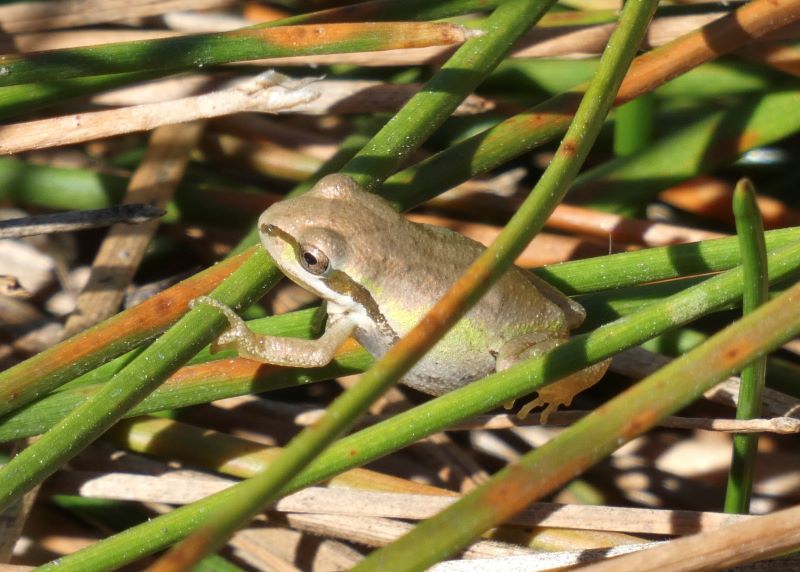
This daringly attired 1923 siren isn’t selling swimwear, she’s advertising cosmetics, and more importantly, the healthy, natural glow those cosmetics will impart. Beach culture? It evolved right here, and it came into its own in its modern form in the 1920s, when flappers like this one cast off their cumbersome wool bathing dresses and embraced swimming, surfing, sun, sea and all things that make the seaside desirable. Join us for a deep dive into the history of a day at the beach. Cover concept and design by Urs Baur.
Our nation is getting ready to celebrate its 248th birthday. Some years have been better than others—happier, more prosperous, more peaceful. Some decades have brought regrettable decisions. Regrets and mistakes are inevitable, so are disasters, and many goals and aspirations remain unmet, but on the whole, this experiment in democratic governance has held together better and longer than its founders could have envisioned, and it continues to evolve and change. That is a remarkable thing, something worth celebrating, no matter what the future brings, or how our perspective on the past changes over time.
Wildfire season is off to an early and potentially deadly start. Statewide, more than 30 wildfires have already burned almost 100,000 acres just in recent weeks, fueled by the first major heatwave of what promises to be a long, hot summer.
Smoke from the 15,700-acre Post Fire, burning in rugged terrain near Pyramid Lake, north of Los Angeles, is a pervasive reminder that wildfire is already a threat this summer. A small fire in Tuna Canyon on June 12 was held to just under an acre thanks to quick action by fire crews and didn’t attract much media attention, but it was still a wake-up call for residents.
The county’s brush clearance deadline passed on June 1, but that doesn’t mean that those of us who spent the spring working to clear brush and non native vegetation ahead of that deadline can hang up the garden gloves and weed whacker. Late, heavy rains gave a major boost to highly flammable weeds like yellow star thistle and black mustard, extending their growing season into the summer. These are plants that have evolved to maximize their advantages. They can grow remarkably fast and large when conditions are favorable, necessitating ongoing weed clearance, instead of just an annual late spring clean sweep.

It’s a good idea to check for lizards, snakes, and the nests of ground nesting birds like spotted towhees and dark-eyed juncos before firing up the string trimmer or mower at this time of the year. And it is important to remember that power tools can spark fires. Keeping a garden hose handy or a small fire extinguisher nearby is a good idea.
Temperatures should be a little cooler for the upcoming holiday week, especially on the ocean side of the mountains, but the hot weather will continue, which means the potential for big crowds on canyon roads, and at local beaches and trailheads.
Malibu Search and Rescue had a record number of rescues last weekend and is asking everyone who is planning an outdoor activity to be aware of the high risk for heat illness. It’s a good idea to hike early or late to avoid the hottest part of the day, and bring plenty of water. Heat illness is potentially life threatening. Heat exhaustion can be treated with shade, rest, and fluids. Heat stroke is potentially fatal and requires emergency medical intervention. It is important to remember that heat illness can occur even when one is at the beach or a pool. Dogs also experience heat illness and can die from heat stroke. It’s a good idea to leave them home during hot weather.
Many local beaches, including Topanga, are currently experiencing high bacteria counts. Beachgoers should use caution, stay away from creeks and drain outflows, and check the county’s beach water quality website before going into the water: publichealth.lacounty.gov
The extreme fire conditions this July 4th lend urgency to the countywide ban on backyard fireworks. This is not a good time for tiki torches or fire pits, either. There are plenty of less incendiary ways to celebrate our nation’s 248th birthday! We wish all of our readers a happy, cool, fire-free holiday.
Stay safe, be well. Happy Independence Day!





